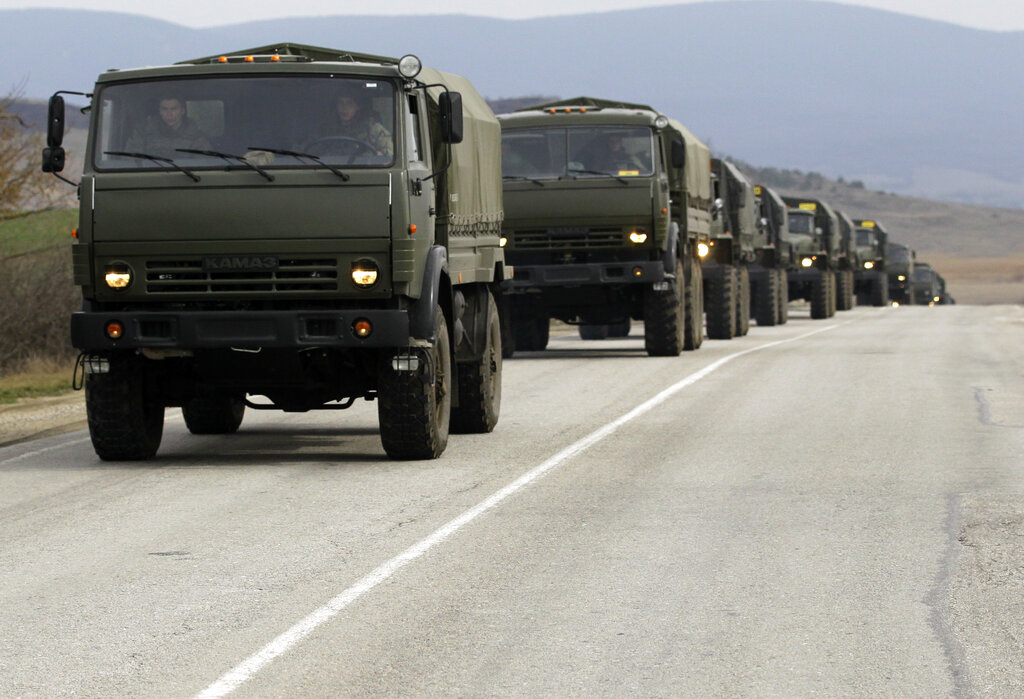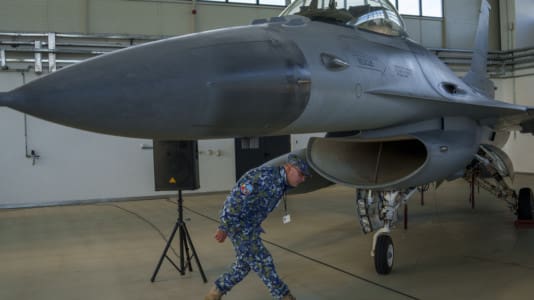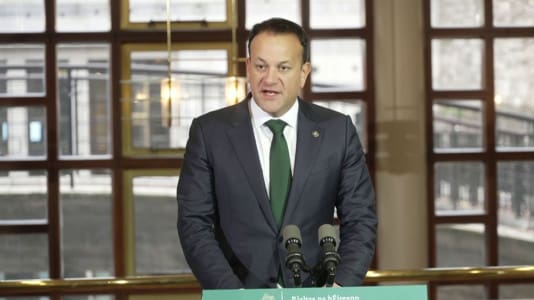NATO leaders are calling on its members to improve logistics in Europe as soon as possible, claiming that bureaucracy is slowing troop movements across the continent and warning this could lead to serious problems in the event of a conflict with Russia.
“We are running out of time. What we don’t get done in peacetime won’t be ready in case of a crisis or a war,” said the head of NATO’s logistics command, Lieutenant General Alexander Sollfrank, in an interview with Reuters.
Sollfrank believes Europe should create a “military Schengen” — a military-free movement zone, similar to the borderless zone across the continent.
He urged leaders not to allow the Kremlin to delude itself about the possibility of a successful attack on an EU country because of the alliance’s unpreparedness.
“We need to be ahead of the curve. We have to prepare the theatre well before Article 5 has been invoked,” he said, referring to NATO’s collective defense provisions.
NATO’s Joint Support and Enabling Command (JSEC), led by Sollfrank, was opened in 2021 in the southern German city of Ulm. Its tasks include coordinating the operational transfer of troops and tanks across the continent, as well as preparing material and technical assets, for example, ammunition storage on the alliance’s eastern flank.
“We have a surplus of regulations, but the one thing we don’t have is time. Russia’s war against Ukraine has proven to be a war of attrition – and a war of attrition is a battle of logistics” added Admiral Rob Bauer, chairman of NATO’s military committee.
And the U.S. ambassador to Ukraine, Bridget Brink, believes the war against Russia allows Ukraine to move faster towards NATO.
“Given the Russian time of reconstitution, NATO must therefore reach war capability within five to nine years to be able to deter Russia from going to war,” read a recent report by the German Council on Foreign Relations.
The report stated that, after the end of intense fighting in Ukraine, the Moscow regime may need six to ten years to rebuild its army.
During that time, NATO must bring its armed forces up to the capacity to deter and, if necessary, fight Russia. Only then will NATO be in a position to reduce the risk of a new war breaking out in Europe, it added.






